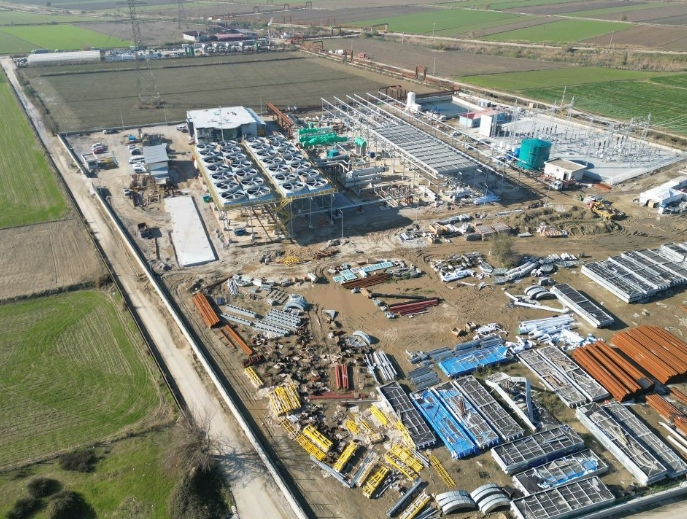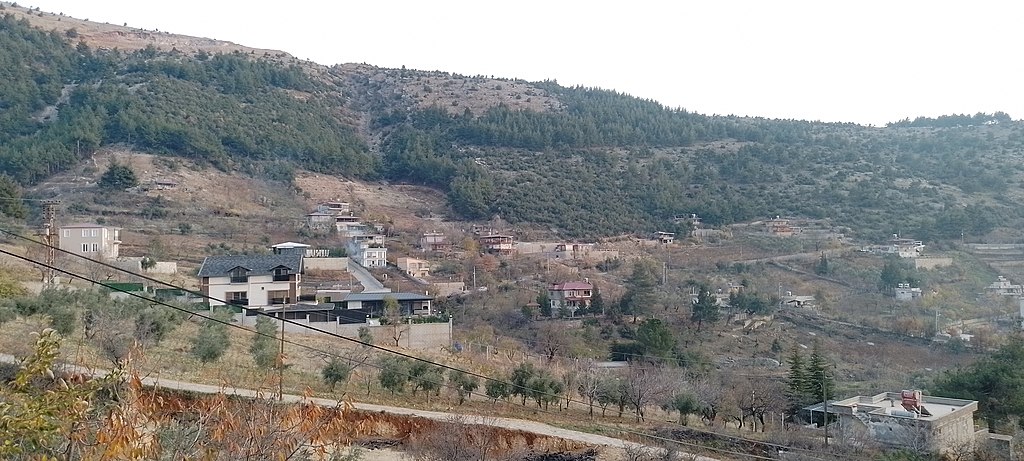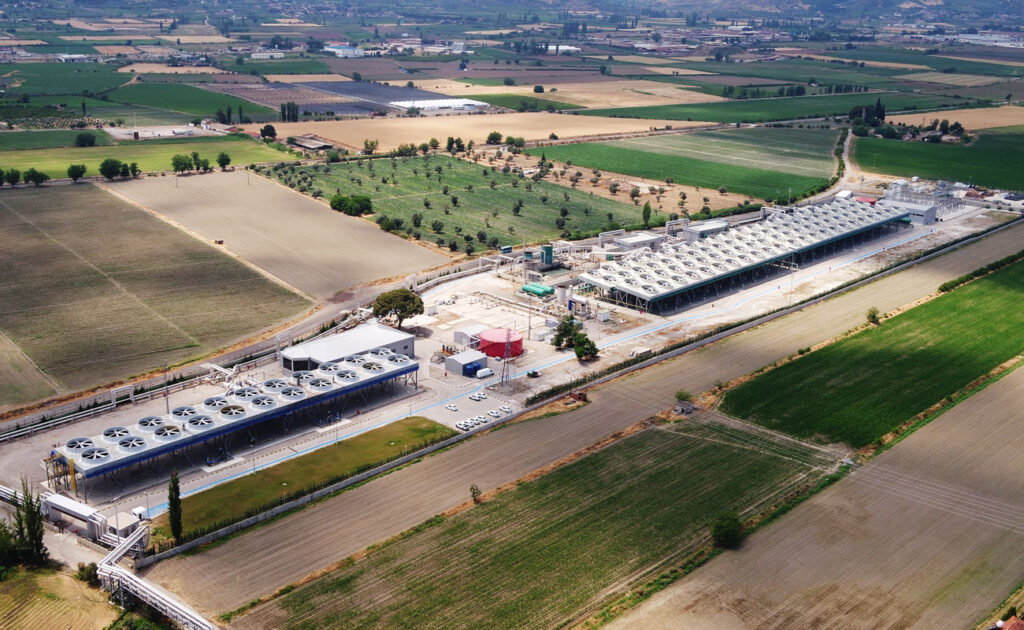A new report released by Rocky Mountain Institute, the Carbon Tracker Initiative and Sierra Club highlights the three key approaches to help global governments and utilities ensure early retirement of coal energy generation.

The three key approaches include:
Refinancing the coal transition and saving customers money from day one,
Reinvesting in clean energy,
Providing transition financing for workers and communities.
The global energy transition from coal energy generation to sustainable renewables sources has reached its financial tipping point, according to the report How to Retire Early: Making Accelerated Coal Phase-Out Feasible and Just.
The report reveals that new renewable energy is already cheaper than continuing to operate coal plants in much of the world.
It is already cheaper to build new renewable energy capacity including battery storage than to continue operating 39% of the world’s existing coal energy generation plants, according to the report.
In addition, the share of uncompetitive coal plants worldwide will increase rapidly to 60% in 2022 and to 73% in 2025. Replacing the entire global coal fleet with clean energy can be done at a net savings to society as early as 2022.
Outside the US, a third of the global coal fleet is already more-costly to continue operating than building new renewables with storage. That number is expected to reach nearly 80% with several regions and countries seeing next to no competitive coal.
In Europe, 81% of the coal fleet is uncompetitive today and the number will reach 100% by 2025, whilst China will increase from 43% today to 100% by 2025 and India from 17% today to 85% in 2025.
The continued decrease in the costs of renewables will push net annual savings to $105 billion in 2025.
To keep goals set under the Paris Agreement within reach, global coal use must decline by 80% below 2010 levels by 2030, requiring rapid transition in OECD countries over the next decade and phase-out in the rest of the world by 2040.
Matt Gray, the managing director of the Carbon Tracker Initiative, said: “Coal power is quickly facing economic obsolescence, independent of carbon pricing and air pollution policies. Closing coal capacity and replacing it with lower-cost alternatives will not only save consumers and taxpayers money, but could also play a major role in the upcoming economic recovery.”







